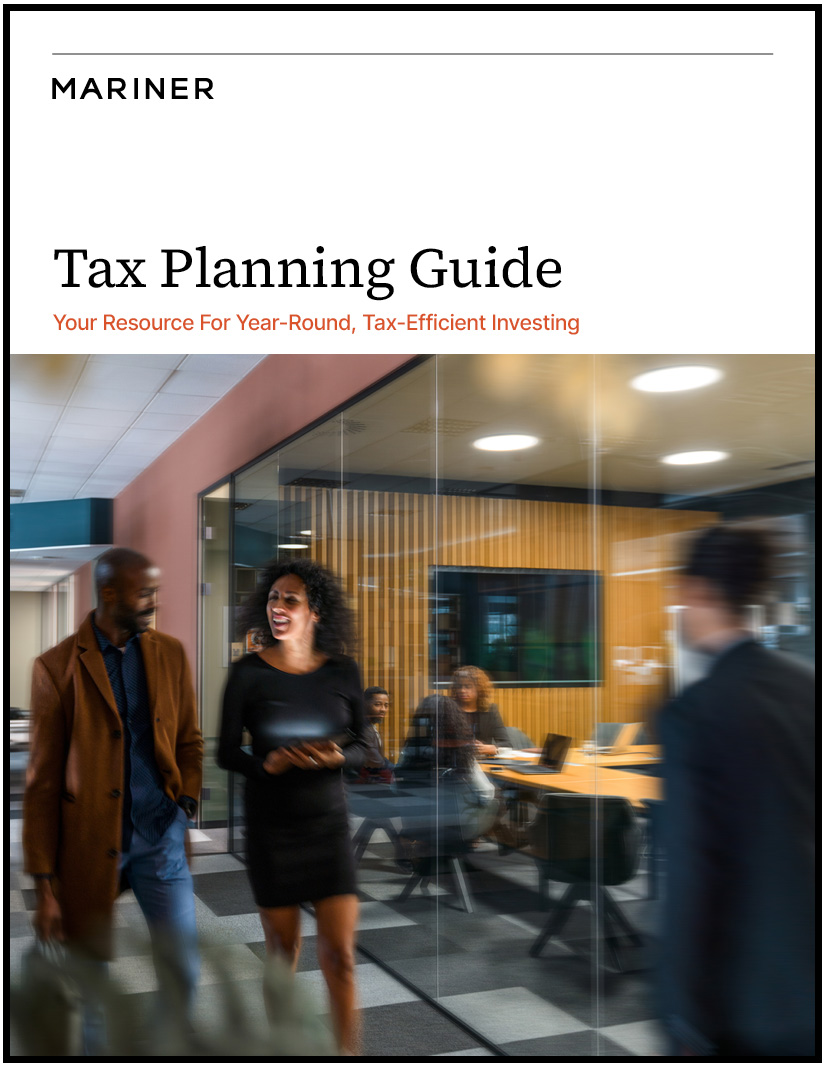Discover the Tax Advantages of “Superfunding” a 529 Plan

A 529 plan offers tax and estate planning advantages for those funding the cost of higher education for a child or grandchild.
Q: What Is a 529 Plan and How Does It Work?
A: A 529 plan is a tax-advantaged savings account designed to be used for the designated beneficiary’s education expenses. Any earnings you accrue are tax deferred while invested and tax free when used for qualified education expenses. You may also be eligible for a state income tax deduction depending on your state of residence, however, that deduction could be capped, depending on where you live.*
Q: What Is a 529 Superfunding Strategy?
A: A 529 plan superfunding strategy enables families to make a large, lump-sum contribution while avoiding gift taxes and protecting their lifetime gift and estate tax exemption. The IRS allows couples to contribute up to $160,000 (the annual gift-tax exclusion multiplied by five) and treat the onetime contribution as being spread over five years for tax purposes. One benefit of superfunding is that a single large sum put to work right away in the markets has more compounding power than the same sum divided into periodic contributions.
Q: What If I’ve Overfunded My Child’s 529 Plan?
A: If there’s money left in a 529 plan account when the original designated beneficiary has completed his or her college, you have several options:
- You can transfer the remaining funds to another child or a qualified relative—parents can even use the account assets for their own educational pursuits.
- You can keep the funds in the 529 plan for a college alumnus who may eventually want to earn a postgraduate degree.
- You can name yourself the account’s beneficiary until you make a future child or grandchild the beneficiary of the account following his or her birth.
- If there is no chance that the remaining funds will be used for educational purposes, you can take a distribution from the account. Withdrawals for non-eligible expenses may incur a 10% tax penalty on the earnings portion as well as be subject to income taxes. Note that the contribution portion will never be taxed or penalized since it was made with after-tax dollars.
Q: How Can a 529 Plan Help Lower My Estate Taxes?
A: The 2022 estate-tax threshold is $24.1 million for married couples.1 Barring new legislation, it will revert to an expected $6.2 million per person on the first day of 2026. Superfunding 529s can be used to help get an estate under the threshold by removing a sizable chunk of assets from it. And while a gift of $160,000 may not fully cover the soaring cost of four years of college, families can use part of their lifetime gift and estate tax exemption2 to make up the difference. This strategy may be suitable for parents or grandparents who are certain their beneficiaries will use the funds for qualified education expenses.
Tax Guide: Your Resource for Year-Round Tax-Efficient Investing
Year-round planning with an advisor could help improve your overall wealth plan. Find out more by downloading our tax guide.
Sources:
1,2 “Frequently Asked Questions on Estate Taxes”
Investors should consider the investment objectives, risks, charges, and expenses associated with 529 plans before investing. More information about specific 529 plans is available in each issuer’s official statement, which should be read carefully before investing.
The availability of tax or other benefits may be conditioned on meeting certain requirements, such as residency, purpose for or timing of distributions, or other factors as applicable.
*Any earnings are federally taxed when a nonqualified distribution is taken, and a 10% federal penalty may be applied for non-qualified withdrawals. State tax treatment will vary and depending on your state of residence, there may be an in-state plan that provides tax and other benefits such as financial aid, scholarships, and creditor protection that are not available through an out-of-state plan. Before investing in any state’s 529 plan, you should consult your adviser.
The views expressed are for commentary purposes only and do not take into account any individual personal, financial, legal or tax considerations. As such, the information contained herein is not intended to be personal legal, investment or tax advice. Nothing herein should be relied upon as such, and there is no guarantee that any claims made will come to pass. The opinions are based on information and sources of information deemed to be reliable, but Mariner Wealth Advisors does not warrant the accuracy of the information.
Mariner is the marketing name for the financial services businesses of Mariner Wealth Advisors, LLC and its subsidiaries. Investment advisory services are provided through the brands Mariner Wealth, Mariner Independent, Mariner Institutional, Mariner Ultra, and Mariner Workplace, each of which is a business name of the registered investment advisory entities of Mariner. For additional information about each of the registered investment advisory entities of Mariner, including fees and services, please contact Mariner or refer to each entity’s Form ADV Part 2A, which is available on the Investment Adviser Public Disclosure website. Registration of an investment adviser does not imply a certain level of skill or training.


